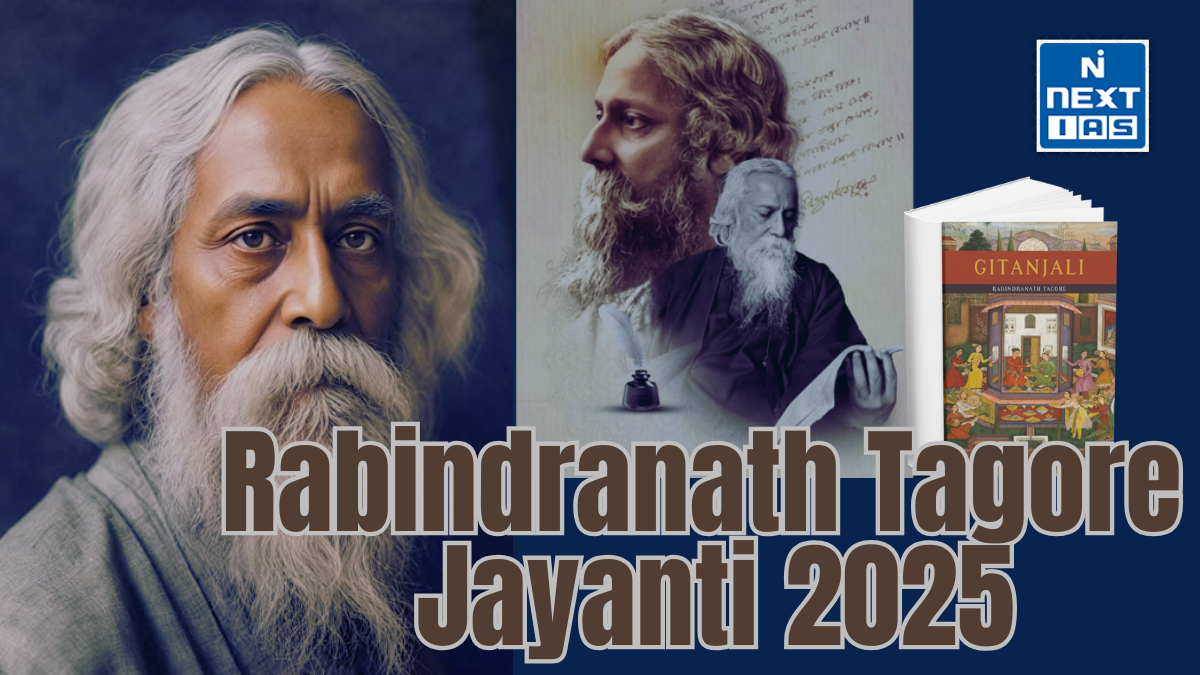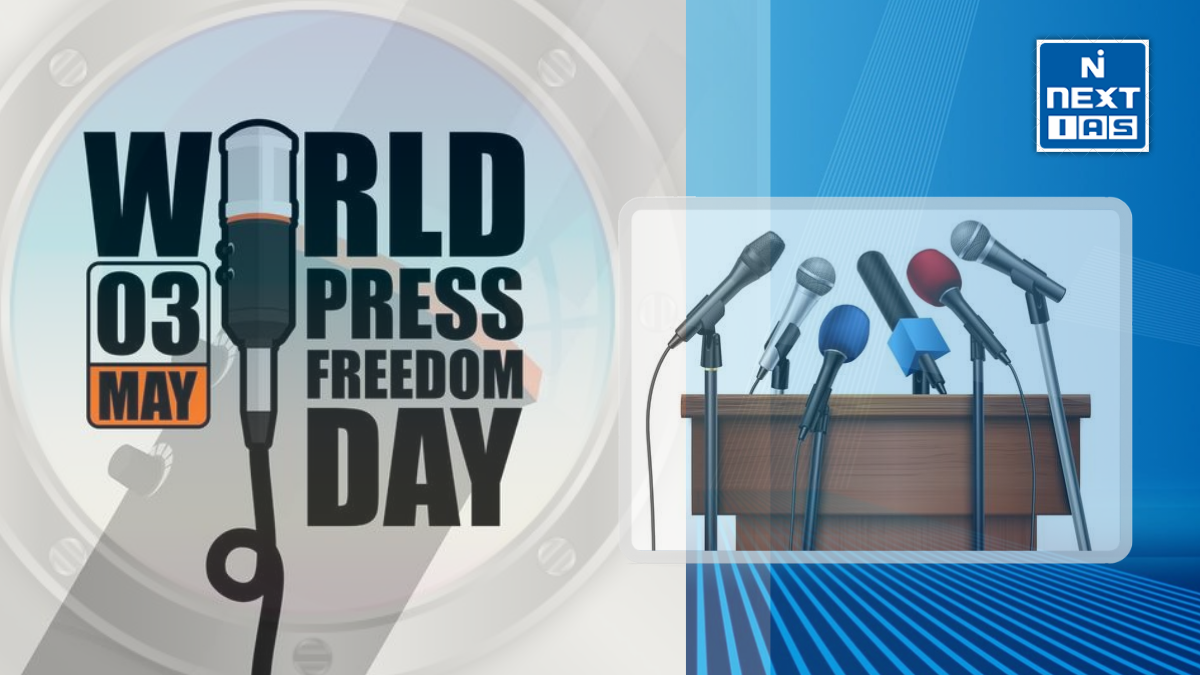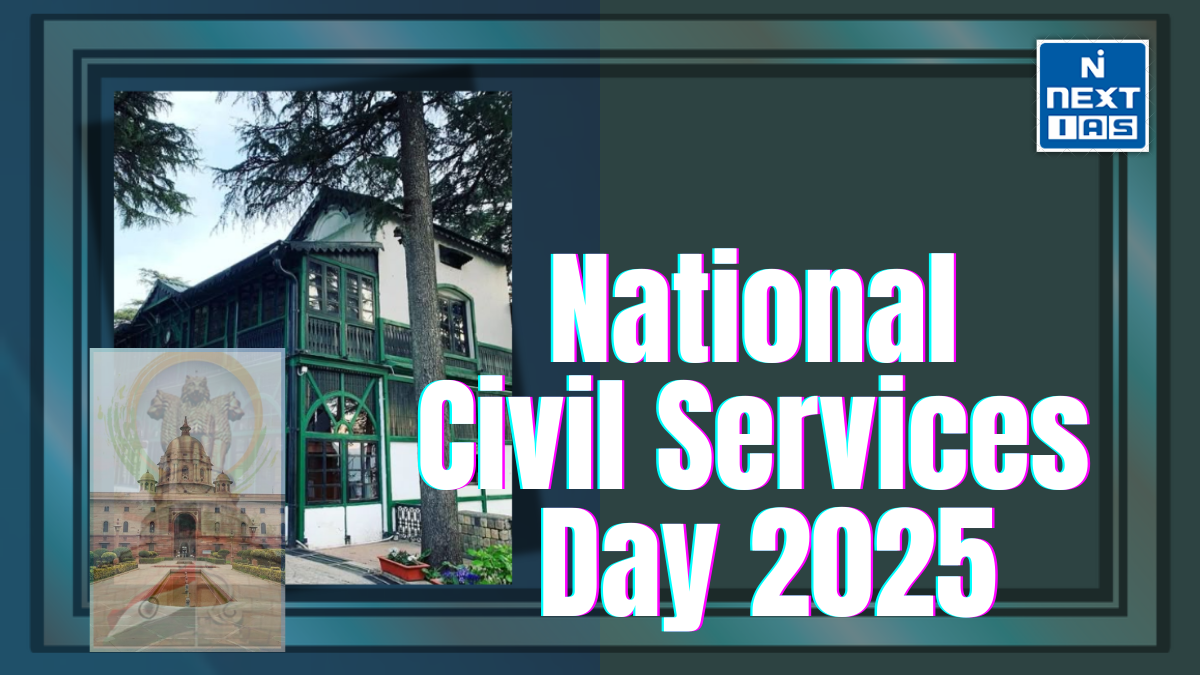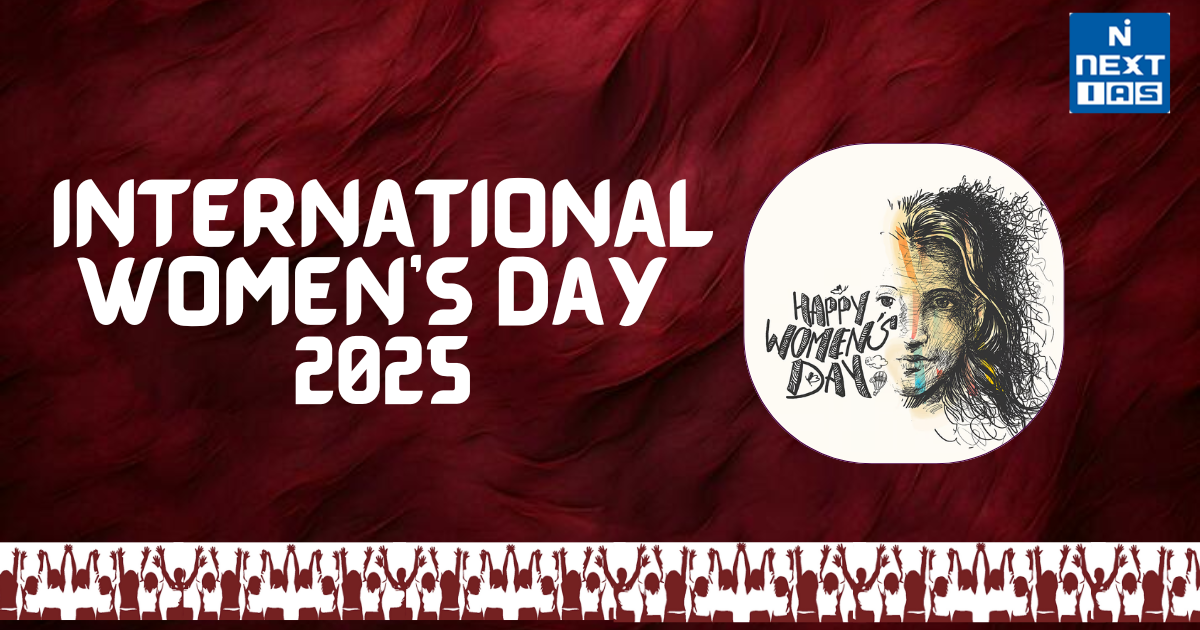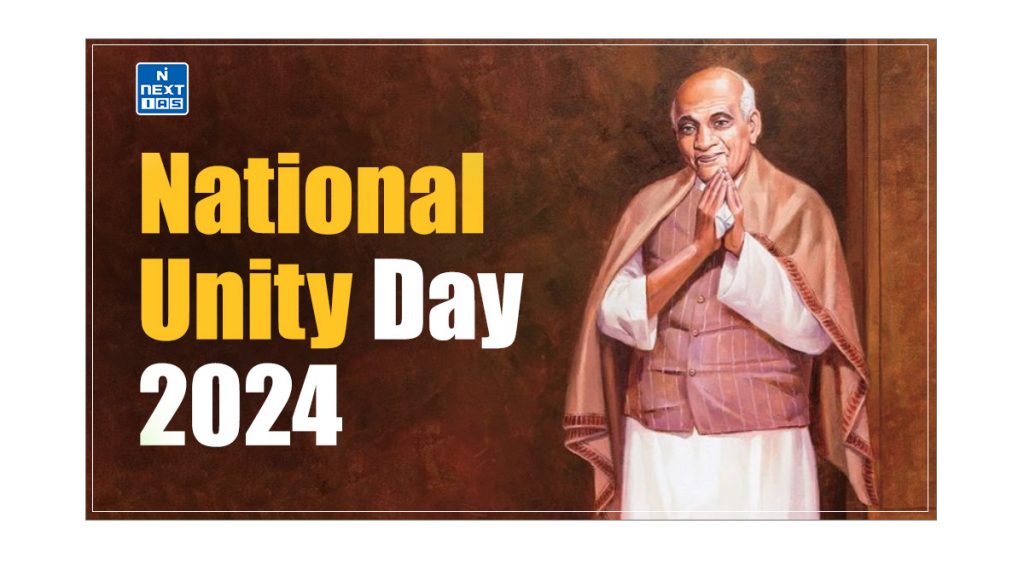
National Unity Day, or Rashtriya Ekta Diwas, is observed on October 31st to commemorate the birth anniversary of Sardar Vallabhbhai Patel, a key figure in India’s struggle for independence and its unification. This day highlights the importance of national unity and integrity, celebrating the diverse cultural fabric of India while honouring Patel’s contributions to the nation. This article aims to study in detail the life, achievements, and legacy of Sardar Vallabhbhai Patel, as well as the significance of National Unity Day in promoting harmony and inclusivity in India.
National Unity Day or Rashtriya Ekta Diwas 2024
- October 31st is observed as National Unity Day, also known as Rashtriya Ekta Diwas, to commemorate the birth anniversary of Sardar Vallabhbhai Patel.
- Introduced by the Government of India in 2014, this day serves as a reminder of Patel’s significant contributions to the political integration of post-independence India and his efforts to promote the unity and integrity of the nation.
- It reflects on the diverse aspects of Indian society—encompassing various religions, languages, cultures, and traditions—while emphasising the importance of unity in diversity.
Early Life of Sardar Patel
- Sardar Vallabhbhai Patel, largely self-taught, became a lawyer renowned for his precise legal skills.
- After his wife’s death, he went to London to study law in 1910. Upon returning to India, he settled in Ahmedabad and gained prominence as a criminal lawyer.
- Initially indifferent to Indian politics, Patel was influenced by Mahatma Gandhi and, by 1917, adopted Gandhi’s principle of Satyagraha (non-violence).
- He played a crucial role in organising mass campaigns against British policies and served as Ahmedabad’s municipal commissioner and president from 1917 to 1928.
Contributions of Sardar Vallabhbhai Patel in India’s Freedom Struggle
Sardar Vallabhbhai Patel made several notable contributions to India’s freedom struggle:
Kheda Satyagraha, 1917
- As a prominent local leader in the Kheda district of Gujarat, Patel supported Mahatma Gandhi in organising the Satyagraha against unjust land revenue taxes imposed by the British.
- He provided strong leadership, mobilising the local community and negotiating with government officials for a peaceful resolution.
Non-Cooperation Movement, 1920-22
- Patel significantly impacted the Non-Cooperation Movement, recruiting approximately 300,000 members and raising 1.5 million rupees.
- He promoted the boycott of British goods and organized symbolic bonfires to protest British colonial rule, advocating for Khadi as a symbol of economic independence.
Bardoli Satyagraha, 1928
- During the Bardoli Satyagraha, Patel supported the local population suffering from famine and increased land taxes.
- His leadership during this non-violent resistance earned him the title ‘Sardar,’ meaning ‘leader.’
Leadership in the Indian National Congress
- Patel was an influential member of the Indian National Congress (INC), serving in various leadership roles and participating in numerous freedom movement activities.
- He presided over the 46th session of the INC, which ratified the Gandhi-Irwin Pact and passed a resolution on Fundamental Rights.
Civil Disobedience Movement 1930-34
- Patel actively participated in the Salt Satyagraha, a nonviolent protest against the British salt monopoly.
- He was arrested and sentenced to nine months in prison for promoting boycotts of British goods and advocating civil disobedience alongside Gandhi.
Quit India Movement, 1942
- During the Quit India Movement, Patel was crucial in organising protests and strikes against British rule, delivering powerful speeches to inspire mass mobilisation, civil disobedience, and fundraising efforts to support the movement.
Read our detailed article on Quit India Movement (August 1942)
Contributions of Sardar Vallabhbhai Patel in Unification of India
Sardar Patel’s contributions to the unification of India after independence were monumental:
Integration of Princely States
- Following independence in 1947, over 560 princely states were not directly governed by the British.
- Patel successfully integrated these states into the Indian Union through a combination of diplomacy, persuasion, and, when necessary, coercion, ensuring India’s territorial integrity.
Administrative Reforms
- He played a crucial role in establishing a unified administrative structure for independent India, including the creation of the Indian Administrative Service (IAS), which he referred to as the country’s ‘steel frame’.
Promotion of National Integration
- Patel advocated for the concept of India as a unified nation, emphasising the need for unity despite its diversity.
- Sardar Vallabhbhai Patel’s immense contributions earned him the “Iron Man of India.”
- To honour his legacy, the “Statue of Unity,” a towering statue of Patel, was erected in Kevadia, Gujarat.
Other Contributions of Sardar Vallabhbhai Patel
Constitutional Role
He led various constitutional committees, including the Advisory Committee on Fundamental Rights and the Provincial Constitution Committee.
Positions Held
Patel served as the first Home Minister and Deputy Prime Minister of India.
Honours and Accolades
- Iron Man of India: Patel received this title for his unmatched efforts in ensuring India’s unity and integrity.
- Bharat Ratna: In 1991, he was posthumously awarded the Bharat Ratna, the highest civilian honour in India.
- National Unity Day: In 2014, the Indian government inaugurated Rashtriya Ekta Diwas to celebrate Patel’s birth anniversary.
- Statue of Unity: Unveiled on October 31, 2018, this statue in Kevadia is recognised as the tallest in the world.
- Sardar Sarovar Dam: Named in his honour, this dam is built across the Narmada River in Gujarat.
- Sardar Vallabhbhai Patel National Police Academy: Located in Hyderabad, this prestigious institution trains police officers and bears Patel’s name.
Conclusion
Sardar Vallabhbhai Patel’s legacy is deeply embedded in India’s history and is celebrated through various commemorations and institutions named after him. His contributions to India’s independence, unification, and nation-building have impacted the country.
GS - 1